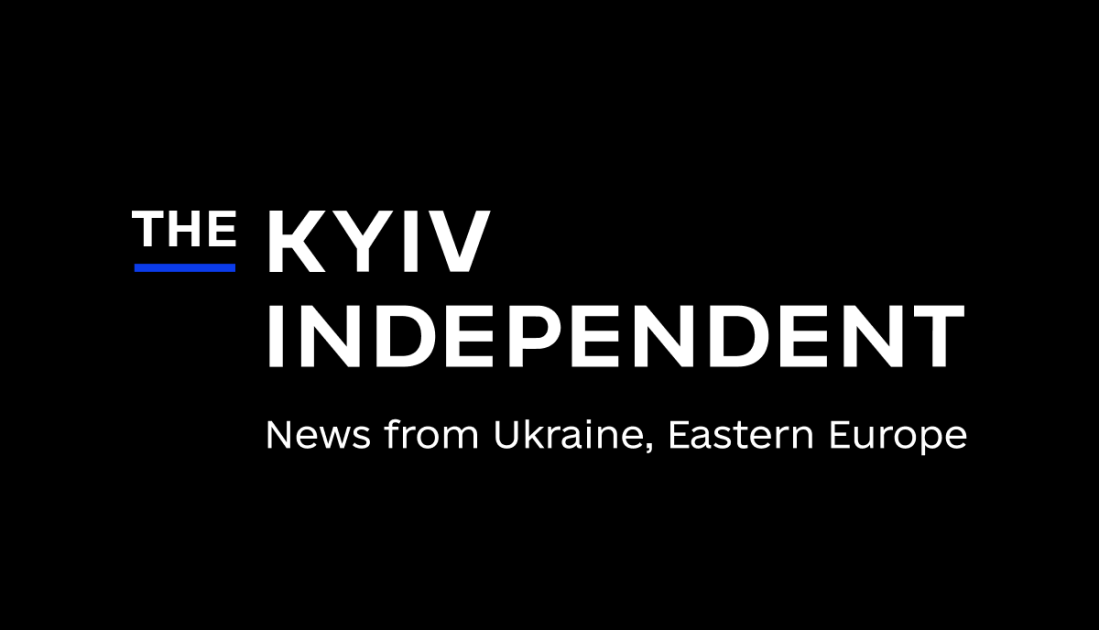Russian proxies face water supply problems in Crimea following Kakhovka dam destruction.
After the destruction of Kakhovka Dam, Russian-occupied Crimea is facing serious water supply problems, the Ukrainian military's National Resistance Center reported[1] on June 10. Moscow-installed head of occupied Crimea, Sergey Aksyonov, has been apparently instructed to downplay the critical situation. Russian proxies on the occupied peninsula lack a clear plan to address the freshwater supply issue for Crimean residents.
As a result, the occupation administration in Crimea attempts to avoid widespread coverage of the dam's destruction and its impact on water supply through the North Crimean Canal to prevent panic among the residents. The Kakhovka Dam, the southern-most dam across the Dnipro River was destroyed on June 6, allowing over 18 square kilometers of water to sweep downstream all at once, flooding towns and cities, and creating humanitarian, nuclear, ecological, economic and other threats to Ukraine. Numerous experts pointed out[2] that the deliberate destruction of vital infrastructure like the Kakhovka Dam aligns with Russia's strategy of escalation management and warfighting doctrine.
700,000 lack drinking water after Kakhovka Dam destruction
The humanitarian situation in Ukraine has significantly deteriorated following the destruction of the Kakhovka Dam, according to the United Nations' top aid official.
 [3]
[3]  Olena Goncharova
Olena Goncharova
Development manager, Canadian correspondent
Olena Goncharova is a development manager and Canadian correspondent for the Kyiv Independent. She first joined the Kyiv Post, Ukraine's oldest English-language newspaper, as a staff writer in January 2012 and became the newspaper's Canadian correspondent in June 2018. She is based in Edmonton, Alberta.
Olena has a master's degree in publishing and editing from the Institute of Journalism in Taras Shevchenko National University in Kyiv.
Olena was a 2016 Alfred Friendly Press Partners fellow who worked for the Pittsburgh Post-Gazette for six months.
The program is administered by the University of Missouri School of Journalism in Columbia.
References
- ^ reported (sprotyv.mod.gov.ua)
- ^ pointed out (thehill.com)
- ^ 700,000 lack drinking water after Kakhovka Dam destructionThe humanitarian situation in Ukraine has significantly deteriorated following the destruction of the Kakhovka Dam, according to the United Nations' top aid official. (kyivindependent.com)